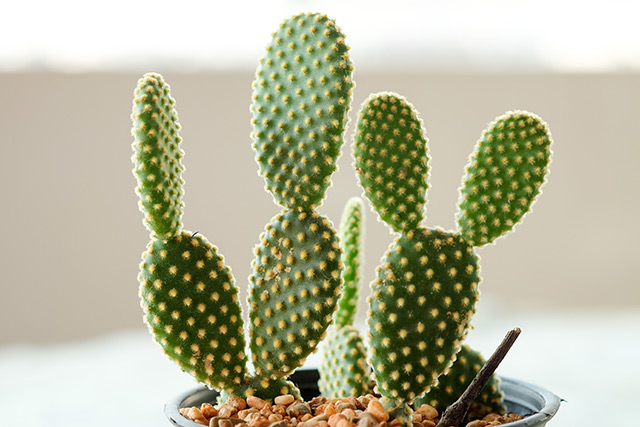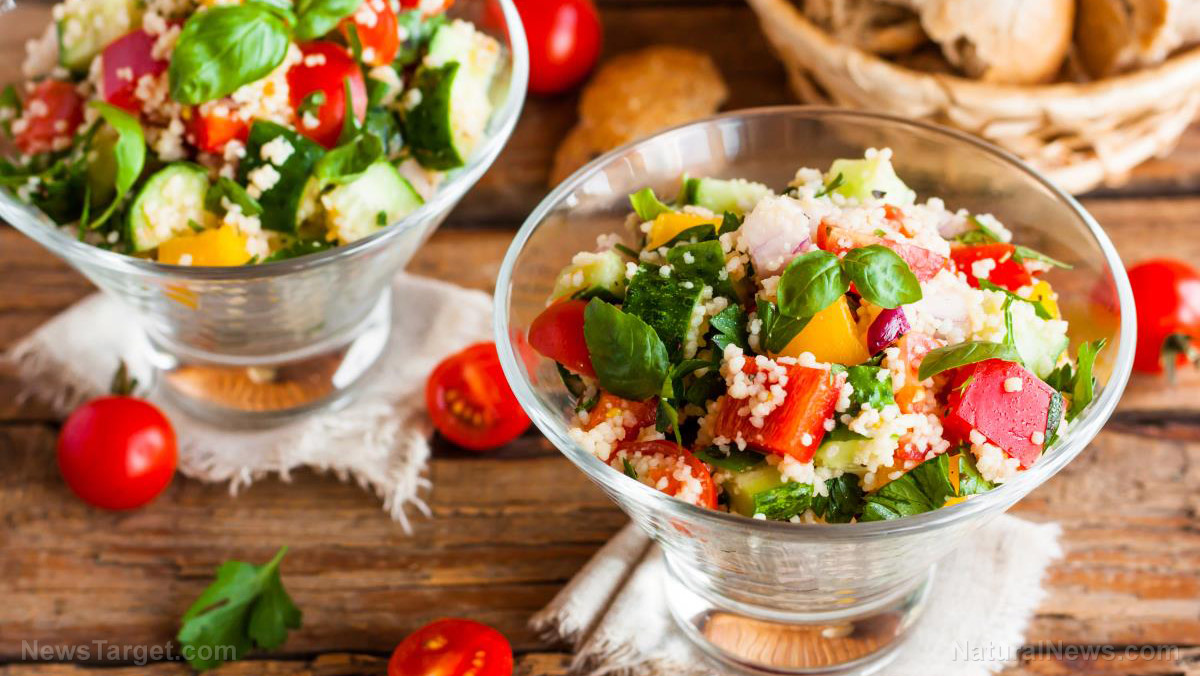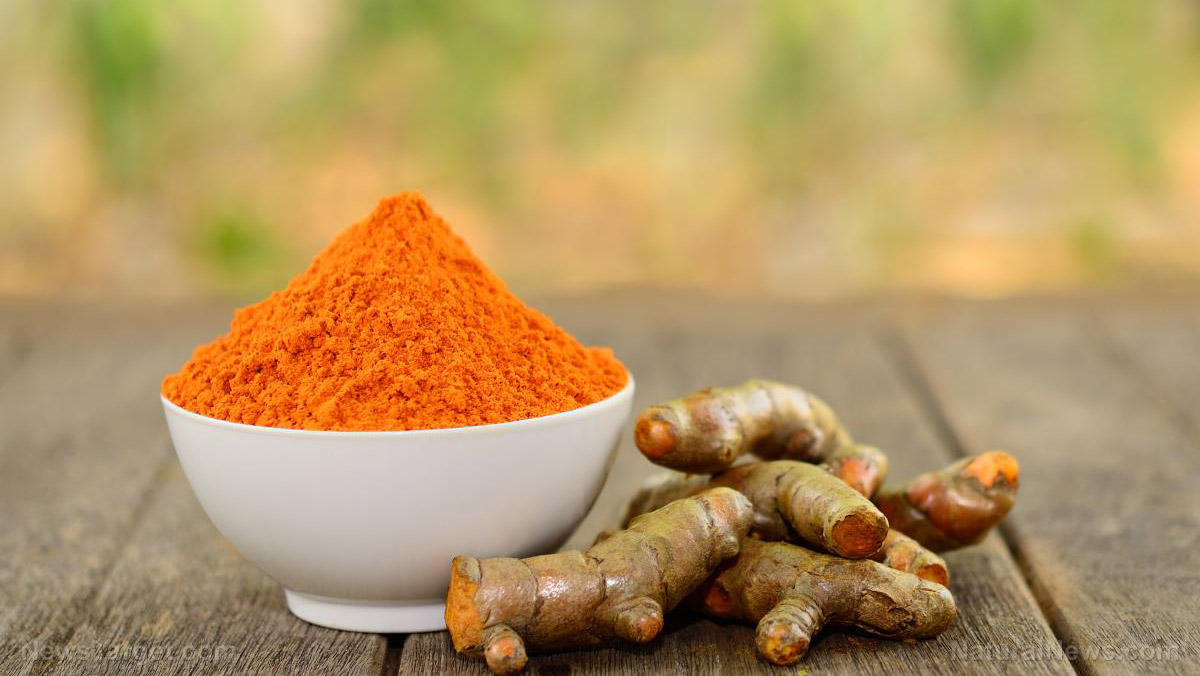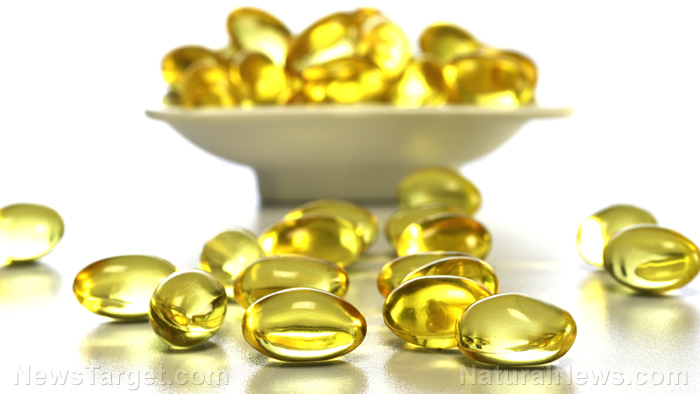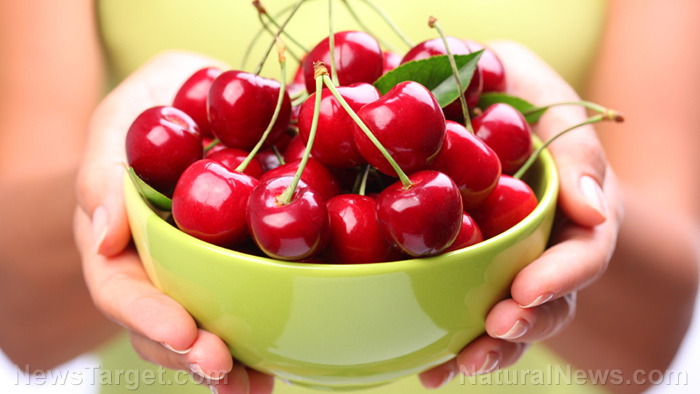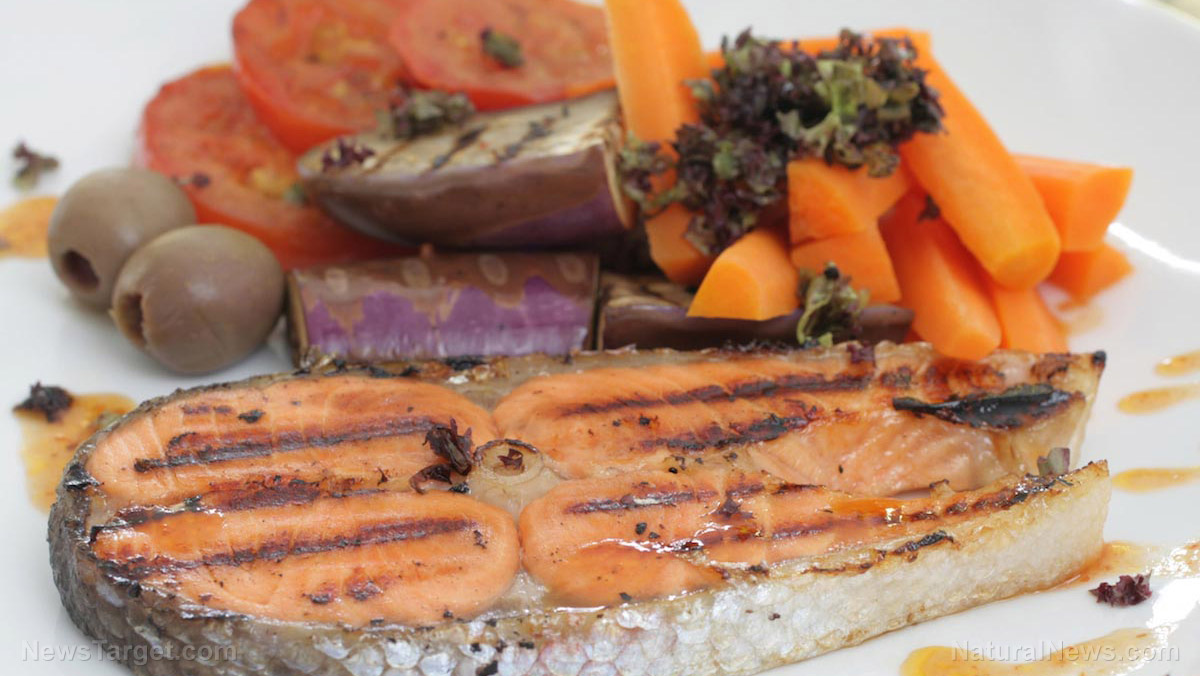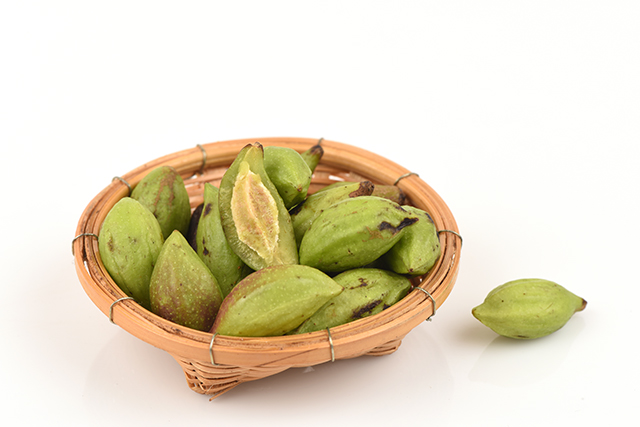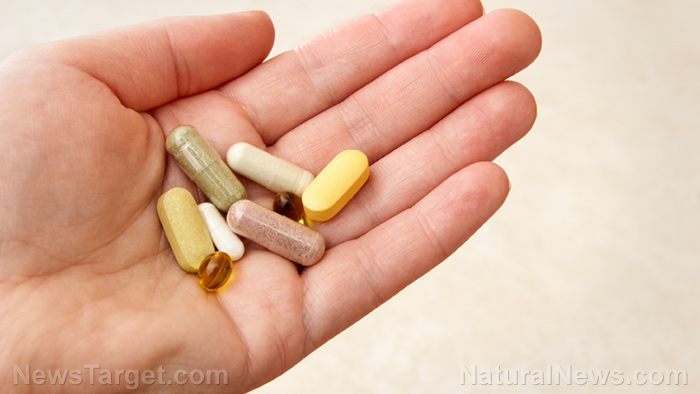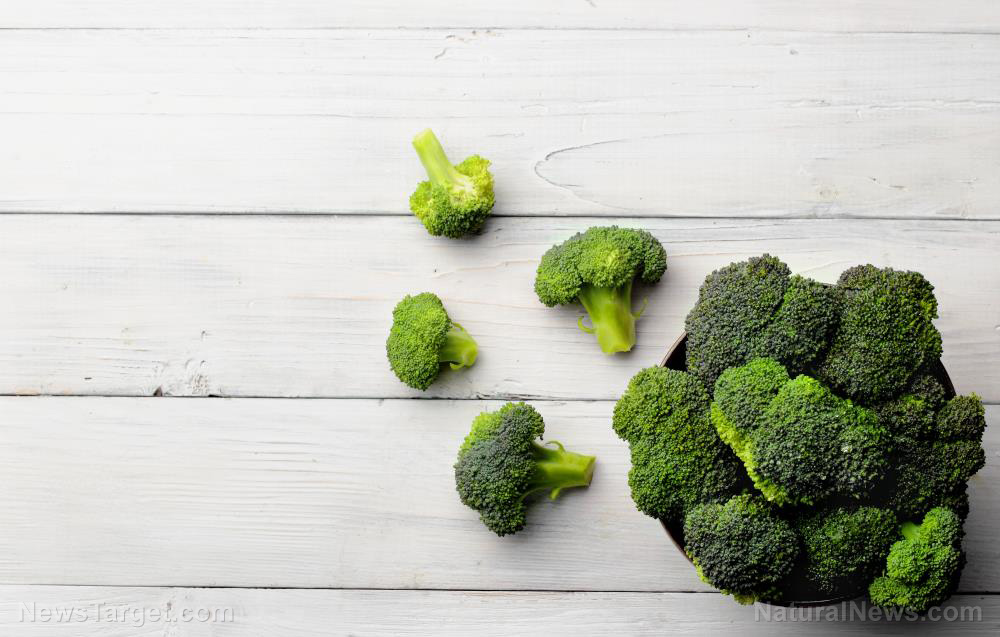There is a STRONG link between fish intake during pregnancy and the health of the baby’s brain
11/28/2018 / By RJ Jhonson

Pregnant women need to eat fish, according to a study conducted by researchers from Tohoku University’s School of Medicine. This is because fish provides the nutrients necessary for the healthy development of the infant’s brain.
There are different types of fatty acids in food. Some of the most important are omega-3 and omega-6 fatty acids. A balanced intake of these two fatty acids is crucial to the normal brain formation of unborn children.
Unfortunately, many people worldwide get their healthy fats from seed oils, which are rich in omega-6s. An animal study has revealed that a diet rich in omega-6 but poor in omega-3 can result in offspring with a smaller-than-normal brain and a higher tendency for abnormal behavior come adulthood. The mice exhibited higher anxiety levels than normal even when they were fed with nutritionally optimized diets as early as their lactation period.
Noriko Osumi, the leader of the research team, says the brain abnormality in the infant mice was caused by the premature aging of fetal neural stem cells. These stem cells produce brain cells. The problem was complicated by an imbalance of omega-6 and omega-3 fatty acids.
The researchers concluded that increasing the intake of fish, known to be great sources of omega-3s, can be advantageous to both mothers and their unborn children.
Other good sources of omega-3
Omega-3 fatty acids are considered healthy fats in that they raise the levels of “good” cholesterol in your body. This way, they promote your brain and heart’s optimal function and protect them from diseases. Fatty fish, such as salmon, herring, and mackerel, are some of the best sources of omega-3s. However, you can also incorporate the following foods in your diet to get more of this healthy fat:
- Fish oil – This supplement contains healthy fats in fish, from which it is derived. Fish oil is a great way to enhance your omega-3 intake, particularly if eating fish is not an option.
- Oysters – If you are looking for good sources of omega-3s, you simply cannot go wrong with oysters. Just six raw eastern oysters give you approximately 565 milligrams (mg) of omega-3s, as well as a wealth of other nutrients, including zinc, copper, and vitamin B12.
- Caviar – Also called roe, caviar consists of fish eggs. Even in small doses, caviar can supply a large bulk of your daily requirement for omega-3s. Specifically, a tablespoon gives you 1,086 mg of the healthy fat. Caviar is also notably low in omega-6 fatty acids.
- Flaxseeds – The oil made from flaxseeds is considered one of the best omega-3 supplements on the planet. This is because these tiny seeds are among the richest source of alpha-linolenic acid (ALA), a type of omega-3. Just a tablespoon of whole seeds gives you 2,338 mg of omega-3s, as well as fiber, vitamin E, magnesium, and a bunch of other nutrients.
- Chia seeds – These tiny seeds are not considered a superfood for nothing. An ounce of chia seeds provides 4,915 mg of omega-3s, as well as plenty of protein, calcium, phosphorus, manganese, and a collection of other nutrients.
- Walnuts – These nuts contain plenty of fiber, which makes them an excellent and filling snack. They are a rich source of vitamin E, copper, manganese, and other nutrients, including antioxidant phenols. An ounce of walnuts provides 2,542 mg of omega-3s.
Discover the many benefits of omega-3s at Nutrients.news.
Sources include:
Tagged Under: brain development, fatty acids, fetal development, neural stem cells, omega 3, omega-3 fatty acids, Omega-6, omega-6 fatty acids, pregnancy, women's health


